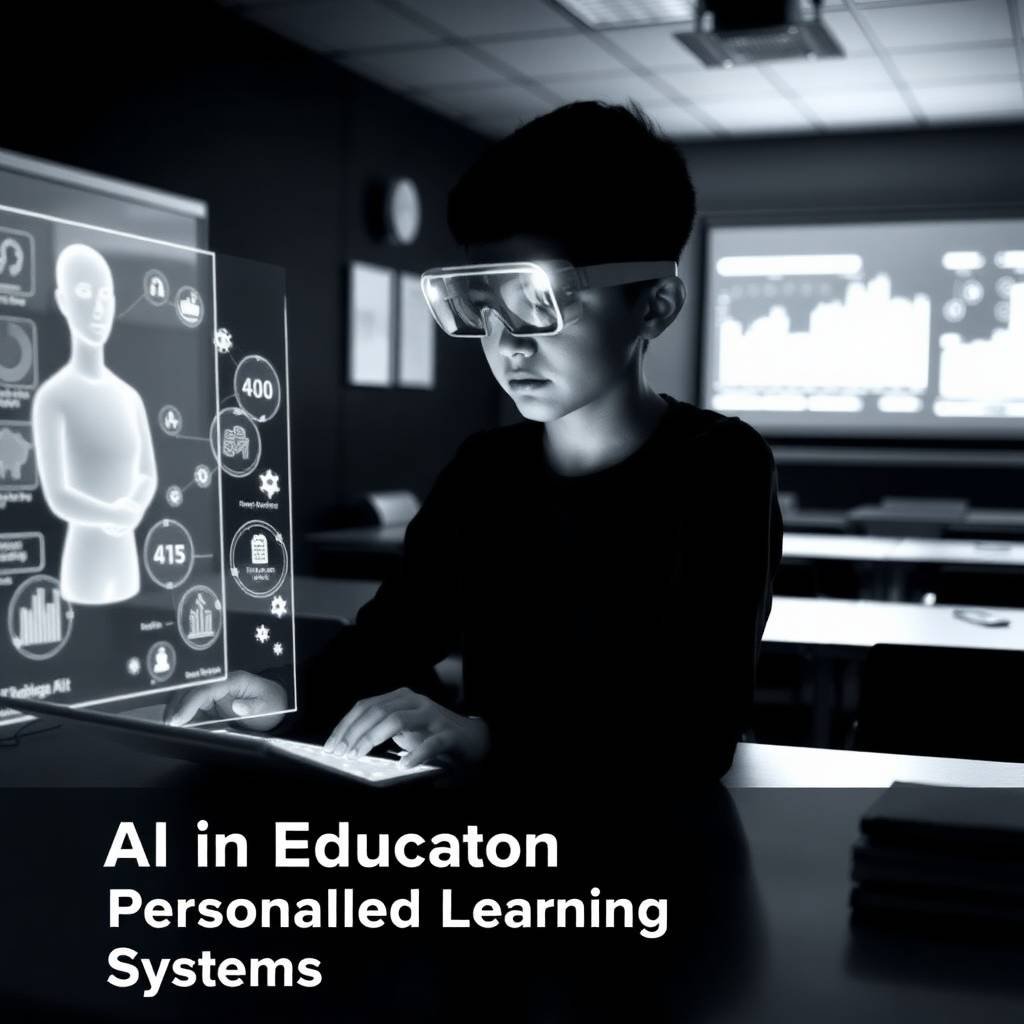In today’s rapidly evolving educational landscape, technology is reshaping how students learn and interact with academic content. At the forefront of this transformation is Artificial Intelligence (AI), which is revolutionizing personalized learning systems. Imagine a classroom where each student receives customized instruction and feedback tailored to their unique learning style and pace. This isn’t just a vision for the future—it’s a reality that’s already unfolding in schools worldwide. As educators and technologists work together to harness AI’s potential, personalized learning systems are becoming an integral part of modern education, promising to enhance engagement, improve outcomes, and accommodate diverse learning needs.
The Role of AI in Personalized Learning
Understanding Personalized Learning
Personalized learning is an educational approach that customizes learning experiences to meet individual student needs. AI plays a pivotal role by analyzing vast amounts of data to tailor content and pace for each student.
Benefits of AI-Powered Learning Systems
- Improved Student Engagement: AI systems dynamically adjust content to maintain student interest and motivation.
- Enhanced Learning Outcomes: By personalizing the learning path, AI helps students achieve better comprehension and retention.
- Efficient Resource Allocation: Teachers can focus on providing support and guidance, while AI handles administrative tasks and data analysis.
Adaptive Learning Technologies
These systems use algorithms to identify and respond to individual learning styles, ensuring each student receives the most effective instruction.
Intelligent Tutoring Systems
AI-driven tutoring systems provide real-time feedback and guidance, simulating one-on-one interaction with a human tutor.
Challenges and Considerations
Data Privacy Concerns
With the increased use of AI in education, ensuring the privacy and security of student data is paramount. Schools and technology providers must implement robust measures to protect sensitive information.
Equity in Access
As AI-powered educational tools become more prevalent, it is crucial to ensure that all students, regardless of socioeconomic status, have equal access to these resources. Bridging the digital divide is essential for equitable education.
Teacher Training and Support
Educators need adequate training and support to effectively integrate AI tools into their teaching practices. Continuous professional development is key to maximizing the potential of AI in education.
Balancing Human Interaction
While AI offers many advantages, maintaining a balance between technology and human interaction is critical. Teachers play an irreplaceable role in providing emotional support and fostering a nurturing learning environment.
The Future of AI in Education
AI continues to evolve, promising even more sophisticated learning systems that can further individualize educational experiences. Future advancements may include:
- Predictive Analytics: AI could predict student performance trends, allowing educators to intervene proactively.
- Virtual Reality Integration: Combining AI with VR could create immersive learning environments, enhancing engagement and understanding.
- Global Collaboration: AI tools could facilitate international learning experiences, connecting students and educators worldwide.
Conclusion
AI in education, particularly through personalized learning systems, is paving the way for more tailored and effective learning experiences. As technology advances, collaboration among educators, policymakers, and technologists will be essential to harness AI’s potential for the benefit of all learners.

